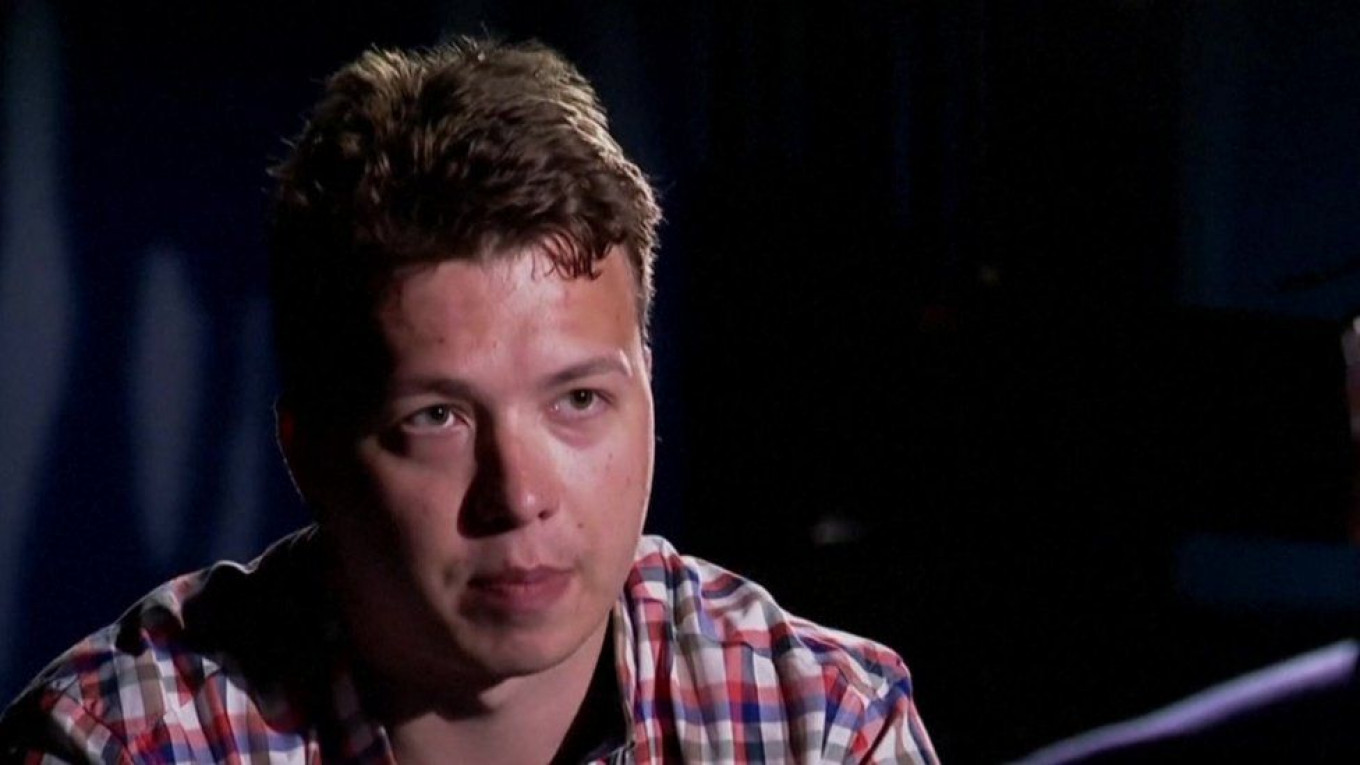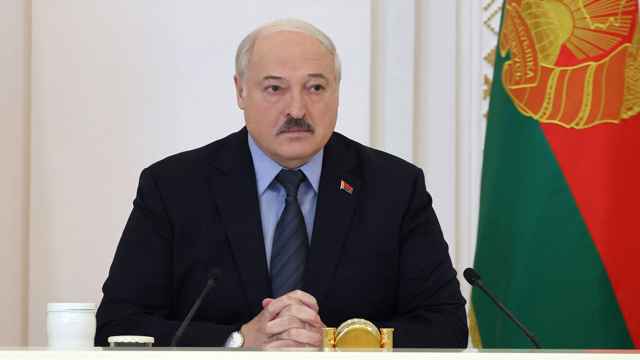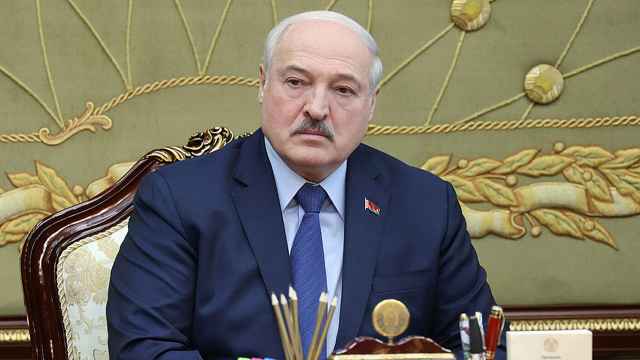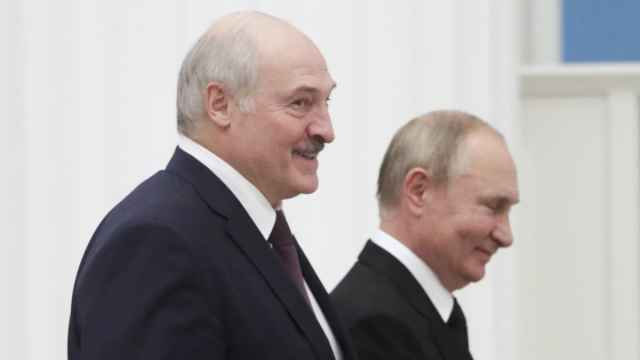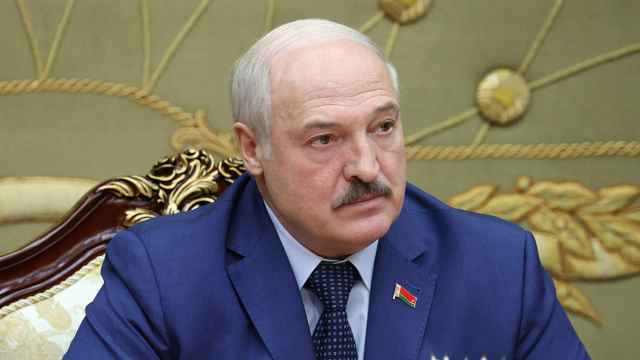The film Mission to Moscow was released in the United States in 1943, in the heat of World War II. Based on the memoirs of former U.S. ambassador to the Soviet Union Joseph E. Davies, it became nearly required viewing in theaters across the country with former U.S. President Franklin Roosevelt’s active support.
Some even said Roosevelt had commissioned the film to gather more public support for the Soviet Union during the war.
And, although the film garnered an Oscar nomination at the time, it fell prey to former Senator Joseph McCarthy’s witch hunt only 10 years later, when it was branded as communist propaganda and efforts were made to burn all copies of it. Now, it is a thing forgotten.
From the modern perspective, the film seems crazy. It comes off as a 2-hour pseudo-documentary propaganda piece justifying former Soviet leader Joseph Stalin’s Great Terror. The Ambassador Davies character insists that the only people Stalin repressed were German and Japanese spies. The film makes the point repeatedly that among numerous countries, the Soviet Union was the only one not to have an active pro-fascist lobby in the opening years of the war. Why? Because Moscow had shot all of their fascists in 1937-38.
The Davies character even goes so far as to say that he had attended all of the main trials of the accused and had seen these people admit their guilt voluntarily and without any trace of coercion. “I had no reason to doubt the veracity of their testimony,” he said.
In his memoir, Davies really did write those words describing the show trial of Nikolai Bukharin, who publicly admitted his guilt. It is difficult to know whether Davies — who, by the way, received the Order of Lenin — believed what he wrote, or just cynically caved into the exigencies of the moment. Another U.S. diplomat and Russia expert, George F. Kennan, would later describe Davies as a “hollow and politically vain man who knows nothing of Russia and is not seriously interested in it." Kennan himself was sharply critical of and blunt about Soviet totalitarianism.
For many years, Russian journalists today referred to Stalin’s repressions, the Great Terror, the torture in secret prisons, the Gulag, mass shootings and show trials as a sort of baseline and reference point.
Ultra-liberals were constantly shouting about “a new 1937” and a return of repression. But nothing even remotely similar was happening, so they came off looking like the boy who cried wolf and people stopped believing them.
The loyalists, on the other hand, railed, “What are you so unhappy about? Today’s Russia is nothing like the Soviet Union — you can say or do whatever you want now. So what if the authorities closed a few media outlets and levelled criminal charges here or there? Those were isolated cases of individuals who should not have broken the law and businesses that should have been managed better.”
Now, however, we’ve finally reached the point where these metaphors have ceased to be metaphors, and have become very real.
This might not be entirely true of Russia just yet, but it definitely describes neighboring Belarus. In the year since presidential elections were held there, the ruling regime has fully consolidated its totalitarian system, replete with improvised concentration camps where people are tortured and, apparently, killed. Belarusian citizens are not just fired from their jobs, but also arrested and beaten for any sign of protest. The offence could be anything from uttering an unguarded word or wearing the wrong color to laying flowers in support of anti-government activists or even lighting a candle in solidarity.
This is the banality of evil in Belarus — from which the West had briefly turned its gaze in the confusion of the pandemic and U.S. presidential elections — but that is calling attention to itself once again.
Now the whole world is watching Belarus, including, of course, Russia, that never ceased to stare intently at its neighbor. Minsk used a military aircraft and a fake pretext to force down a passenger airplane flying from one EU country to another.
The purpose: to detain 26-year-old Belarusian opposition journalist Roman Protasevich, who last year served as chief editor of a blog that called for peaceful protests against the dictatorship of Belarusian President Alexander Lukashenko. The authorities also detained his girlfriend, a Russian citizen.
Either fearing for his girlfriend or the threat of execution as allowed by Belarusian law, or in response to physical and psychological torture — or because of all of it — Protasevich confessed on camera after only a few days.
It is a rather disturbing video in which a mussy and frightened young man with clumsily applied makeup to hide the traces of his bruises says that he fully admits his guilt, respects Lukashenko and no longer wants to engage in politics. It is difficult to watch. Of course, Belarus broadcasts it on state television.
Independent Russian and foreign journalists were faced with the dilemma of Stalinist terror — no longer hypothetical anymore. It was the Davies vs. Kennan dilemma.
Formally speaking, journalists should follow the example of Davies and report only the facts, right? Did Protasevich confess? Yes, he did. Do we know for a fact that he was tortured? Unfortunately, that remains unknown. Neither he nor his lawyer have been able to report anything.
All we can do is study the young man’s facial expressions and gestures and look for signs of beatings on his face and fingers. That is, journalists have nothing but guesses, assumptions and suspicions to go on. But can they base news stories on conjecture?
At the same time, it strongly feels as though running the headline “Protasevich admits guilt” would be inaccurate.
My intention is not to fault journalists who did report it this way. Interestingly, though, even many ordinary citizens on social networks took the unusual step of repudiating such reports, arguing that Protasevich admitted nothing and that he obviously spoke under duress to protect his girlfriend, who is held hostage.
How should journalists describe Protasevich’s statement? Maybe they should place the word “confessed” in quotation marks. Or maybe they should write that he was tortured into confessing.
In any case, whatever the reports, the feeling remains that Protasevich did not actually confess anything. Perhaps it is a collective memory or some shared intuition that does not allow us to repeat the mistakes of 1943.
A Message from The Moscow Times:
Dear readers,
We are facing unprecedented challenges. Russia's Prosecutor General's Office has designated The Moscow Times as an "undesirable" organization, criminalizing our work and putting our staff at risk of prosecution. This follows our earlier unjust labeling as a "foreign agent."
These actions are direct attempts to silence independent journalism in Russia. The authorities claim our work "discredits the decisions of the Russian leadership." We see things differently: we strive to provide accurate, unbiased reporting on Russia.
We, the journalists of The Moscow Times, refuse to be silenced. But to continue our work, we need your help.
Your support, no matter how small, makes a world of difference. If you can, please support us monthly starting from just $2. It's quick to set up, and every contribution makes a significant impact.
By supporting The Moscow Times, you're defending open, independent journalism in the face of repression. Thank you for standing with us.
Remind me later.



